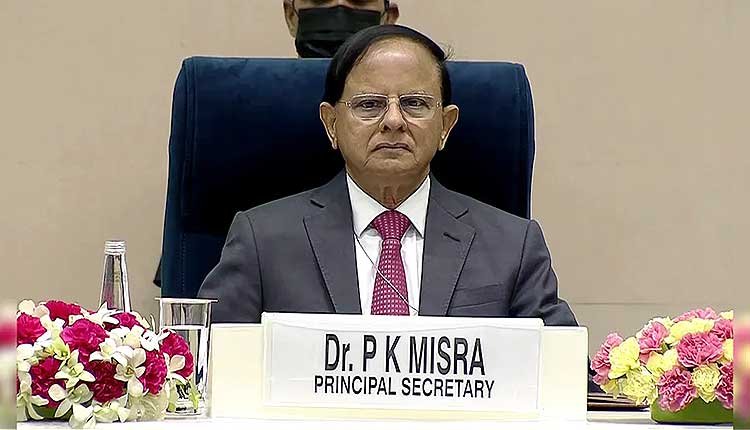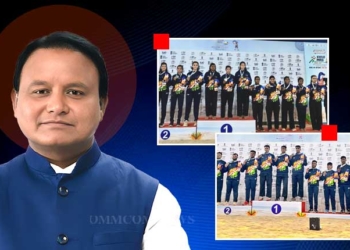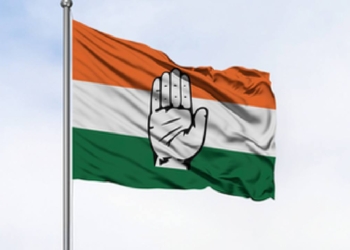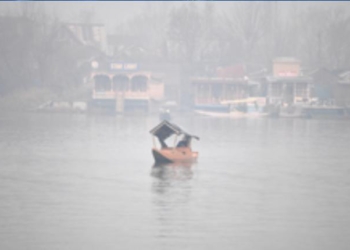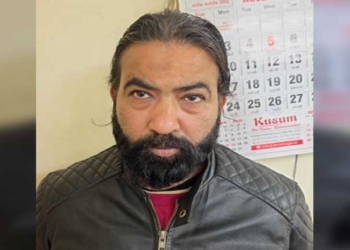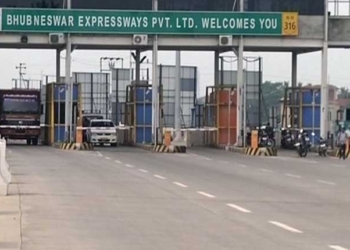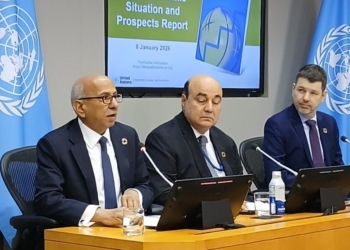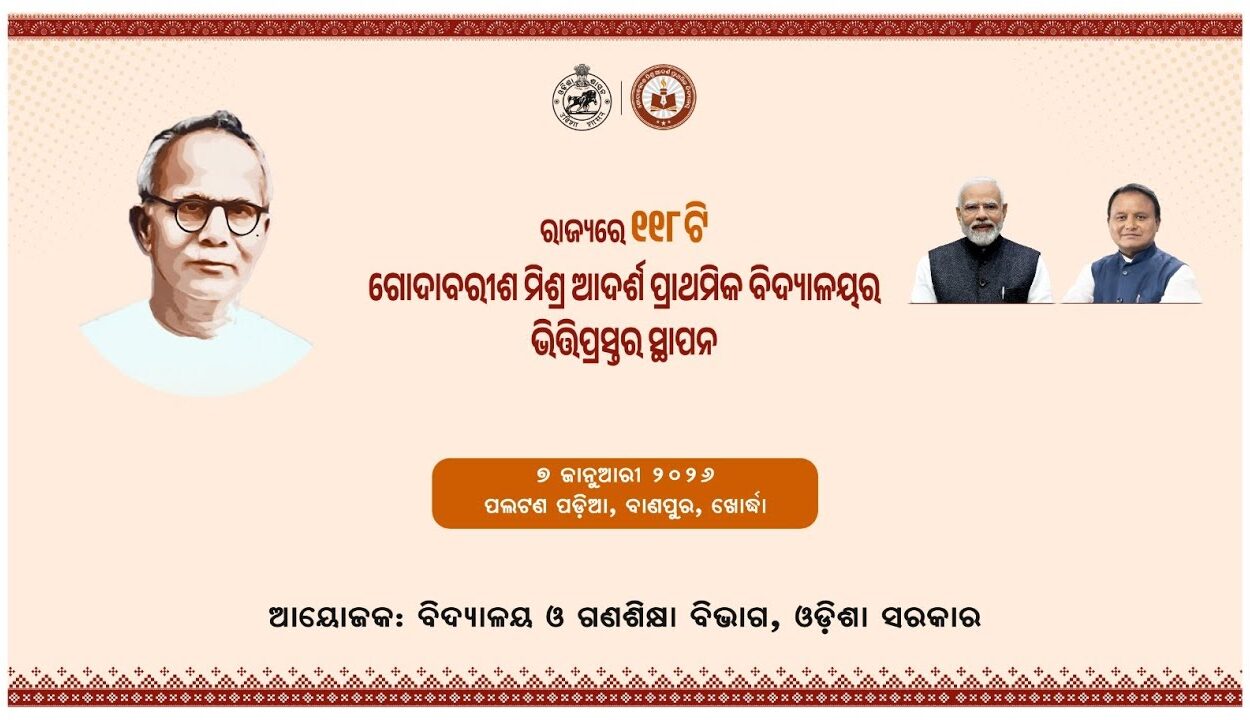Bhubaneswar: Under the leadership of Prime Minister Narendra Modi, India has become a prominent player in global Humanitarian Assistance and Disaster Relief (HADR) operations, said Dr PK Mishra, Principal Secretary to the Prime Minister.
Dr Mishra made these remarks while speaking at the Silver Jubilee Foundation Day of the Centre for Public Policy (CPP) at the Indian Institute of Management Bangalore.
Dr Mishra highlighted the crucial role of institutions, legislation, regulation, and capacity building in transforming India’s disaster management system over the past 25 years. He emphasised that these efforts have enabled India to emerge as a key responder in global HADR operations.
Delivering a special lecture titled ‘From Gujarat to Myanmar: Evolution of India’s Disaster Management Policy and Practice during the Last 25 Years’, Dr. PK Mishra reflected on India’s transformation in disaster management. He highlighted the country’s journey from being disaster-prone to disaster-ready, emphasising the significant progress made in recent years.
Dr. Mishra explained that India’s disaster management reforms were prompted by devastating events such as the 1999 Odisha super cyclone, the 1993 Latur earthquake, the 2001 Gujarat earthquake, the 2004 Indian Ocean tsunami, and the 2005 Kashmir earthquake. These disasters exposed systemic vulnerabilities but also served as catalysts for change, driving the country to revamp its disaster management policies and practices.
Mishra also highlighted that the Gujarat earthquake proved to be a turning point in India’s disaster management journey. The state’s recovery program, led by the Gujarat State Disaster Management Authority (GSDMA), introduced a comprehensive model that encompassed response, reconstruction, risk mitigation, policy formulation, and public awareness. This pioneering approach later served as a template for national frameworks and institutions, shaping the country’s disaster management policies and practices.




